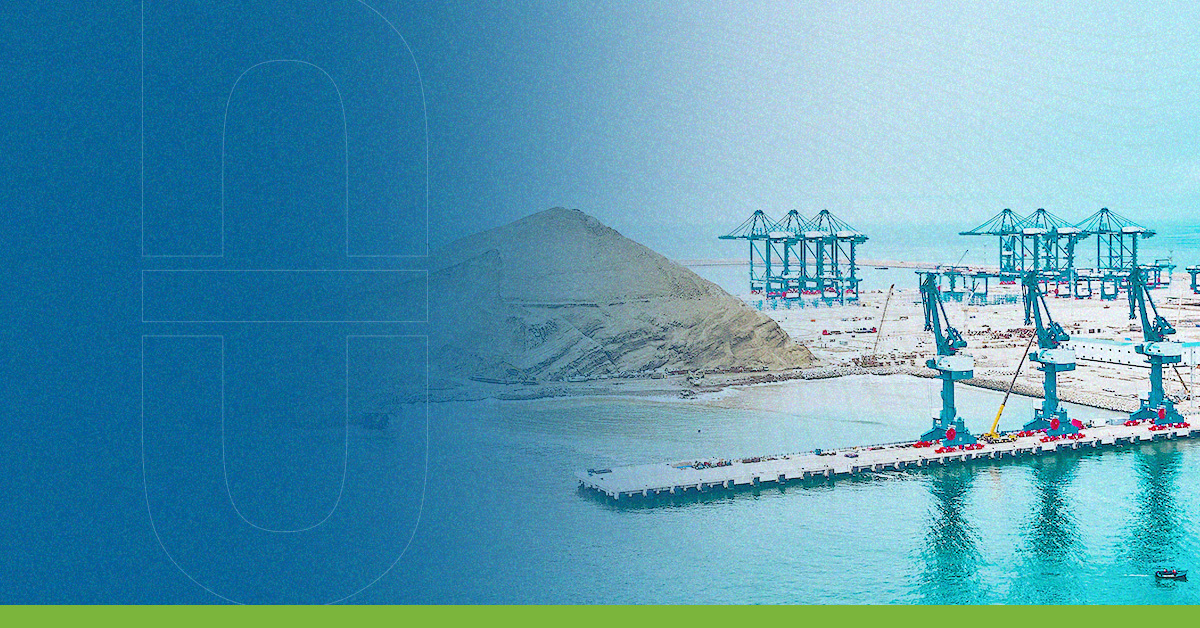Nearshoring continues to grow rapidly, increasing its pace of advancement since the pandemic. As a result, the cargo insurance sector and logistics in general have had to mold their coverages to a business model that promises excellent results this year and in the coming years. But, what exactly is nearshoring? Why is it crucial in international trade? And very importantly, why is there an expected increase in the demand for cargo insurance during these logistical operations?
Starting with the definition, nearshoring can perfectly be seen as the practice or logistical strategy of transferring production and other business processes to nearby countries in order to reduce operational costs and better control possible risks during transportation, thanks to cargo insurance that can adapt to the needs of the company in question.
The keys to nearshoring in international trade
When we talk about the keys or more specifically the advantages that nearshoring has for international trade, the reasons for its continued boom due to its effectiveness and safety through the application of cargo insurance become apparent.
Among the key advantages that clearly benefit companies when implementing these practices are:
- Greater convenience when different business lines are in the same time zone.
- Better cultural similarity between business lines, which facilitates understanding and business philosophy.
- Significantly reduced transportation times due to the proximity of the parties involved in the production and international logistics process.
- Reduction of operational costs precisely because of the proximity between the areas of production, distribution, and other business lines.
- Greater precision when contracting cargo insurance due to the lower risk of inconveniences during transportation processes.
Given these benefits, it’s easy to foresee the growth and the relationship that this type of strategy has with the contracting of cargo insurance.
Forecasts of growth and demand in this type of strategy
It is expected that nearshoring will continue to experience significant growth and demand from companies dedicated to the logistics sector by 50% this year, given the benefits and accuracy these strategies provide after proper implementation. This surge makes more sense when we look at highly successful examples like that of Mexico and the United States, where various companies have decided to make investments in terms of infrastructure for shipments from this country to the US in order to create or improve effective routes in logistics.
As expected, cargo insurance plays a vital role in the processes of nearshoring when companies require efficient coverages that adapt to the conditions of transportation routes and even the reduced delivery times between point A and point B, to mention just a few of the situations that require this type of contracting.
Sources:
EL NEARSHORING Y EL PROCESO DE ASEGURAMIENTO DE TODA LA CADENA DE VALOR. T21
Elevará nearshoring en 50% demanda de seguros de carga. Reforma
Aumentaría hasta 50% demanda de pólizas de transporte con nearshoring. INCOMEX




